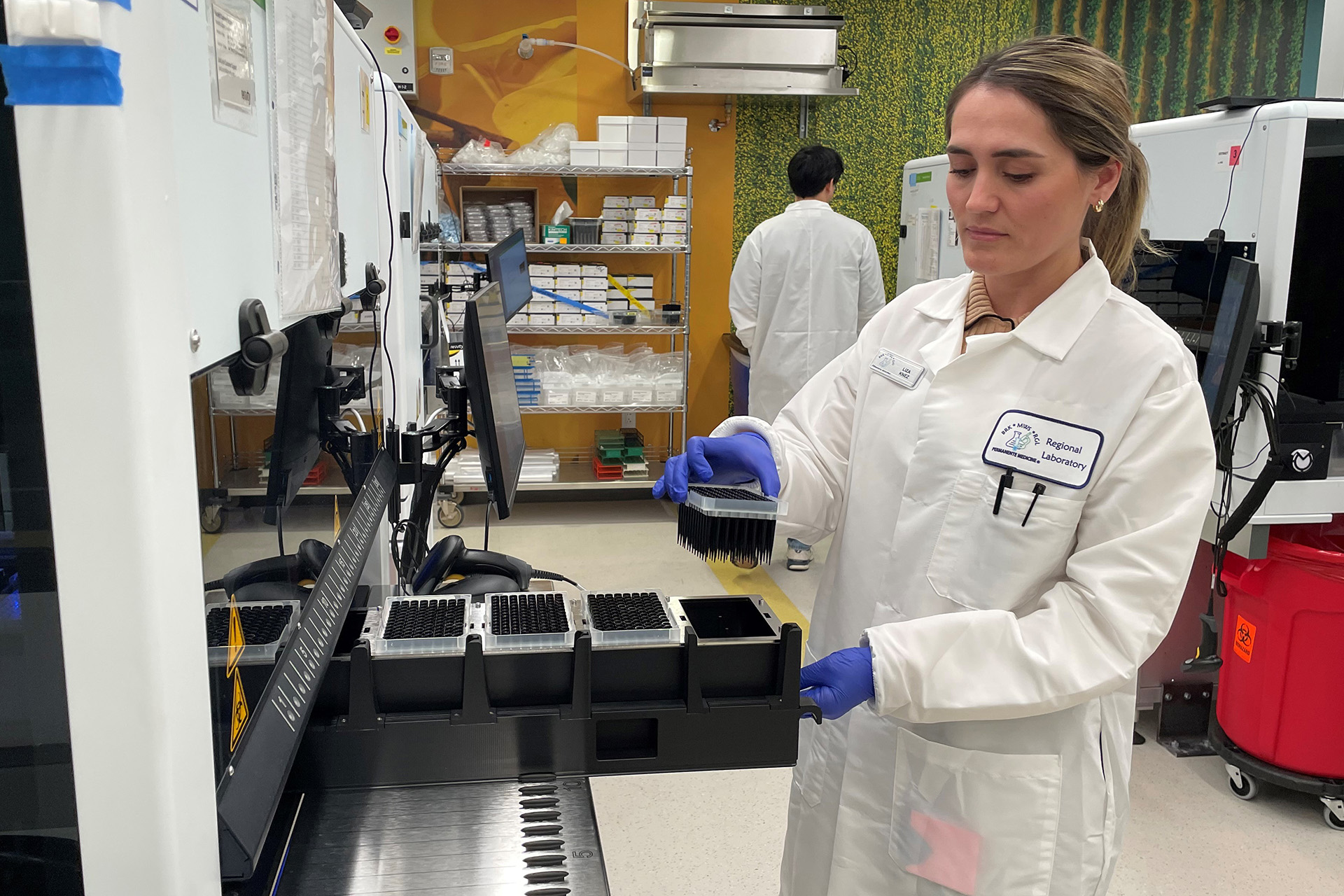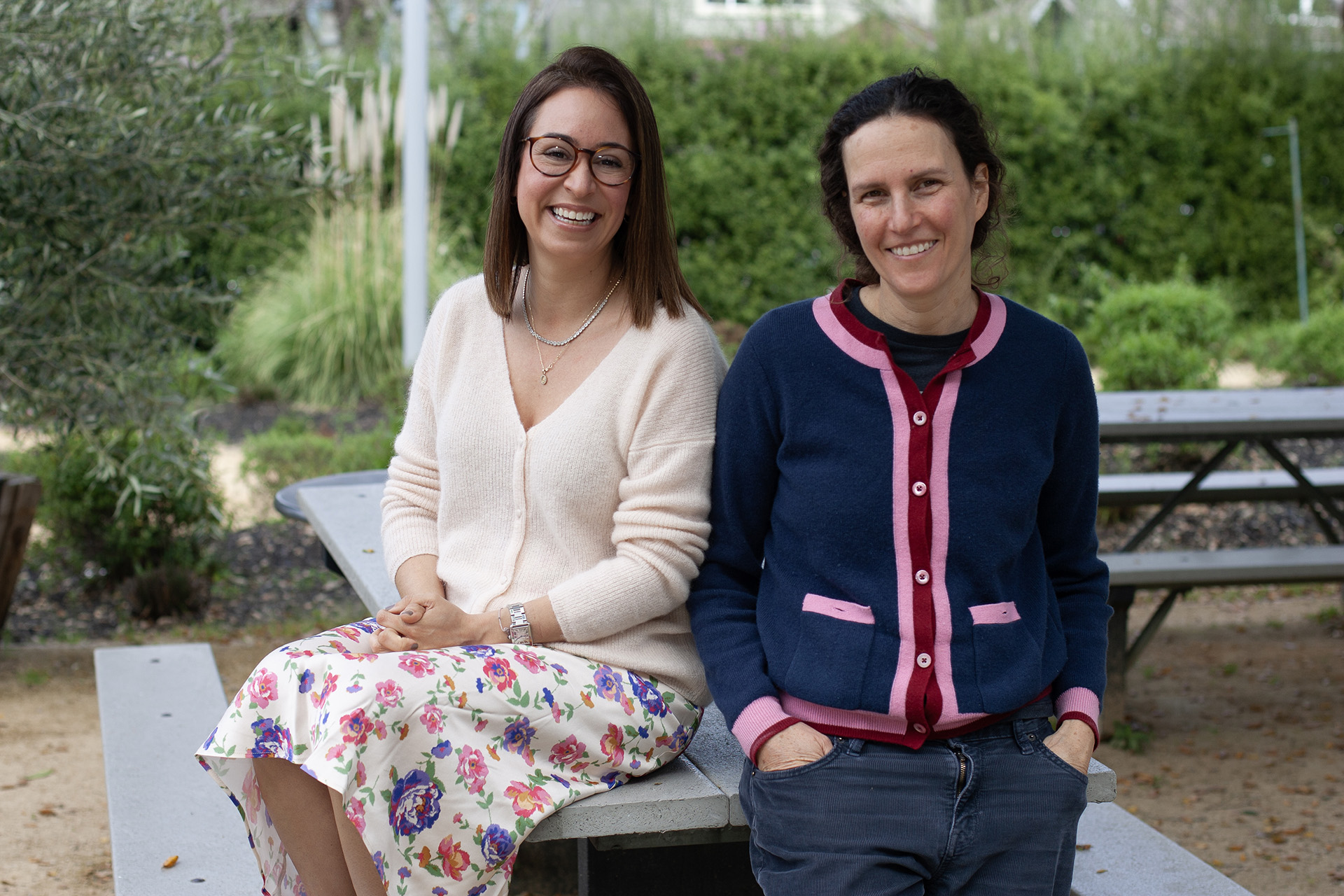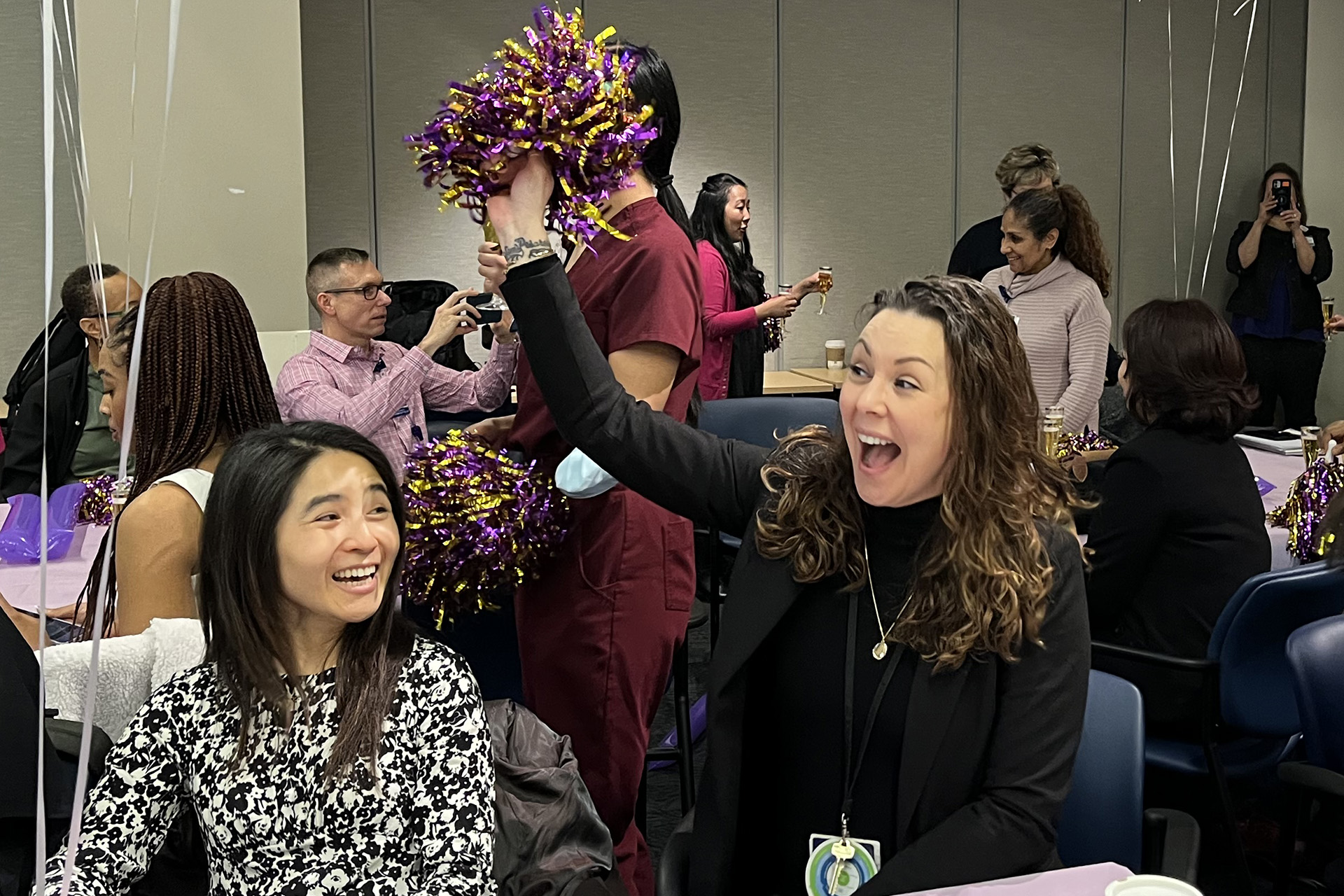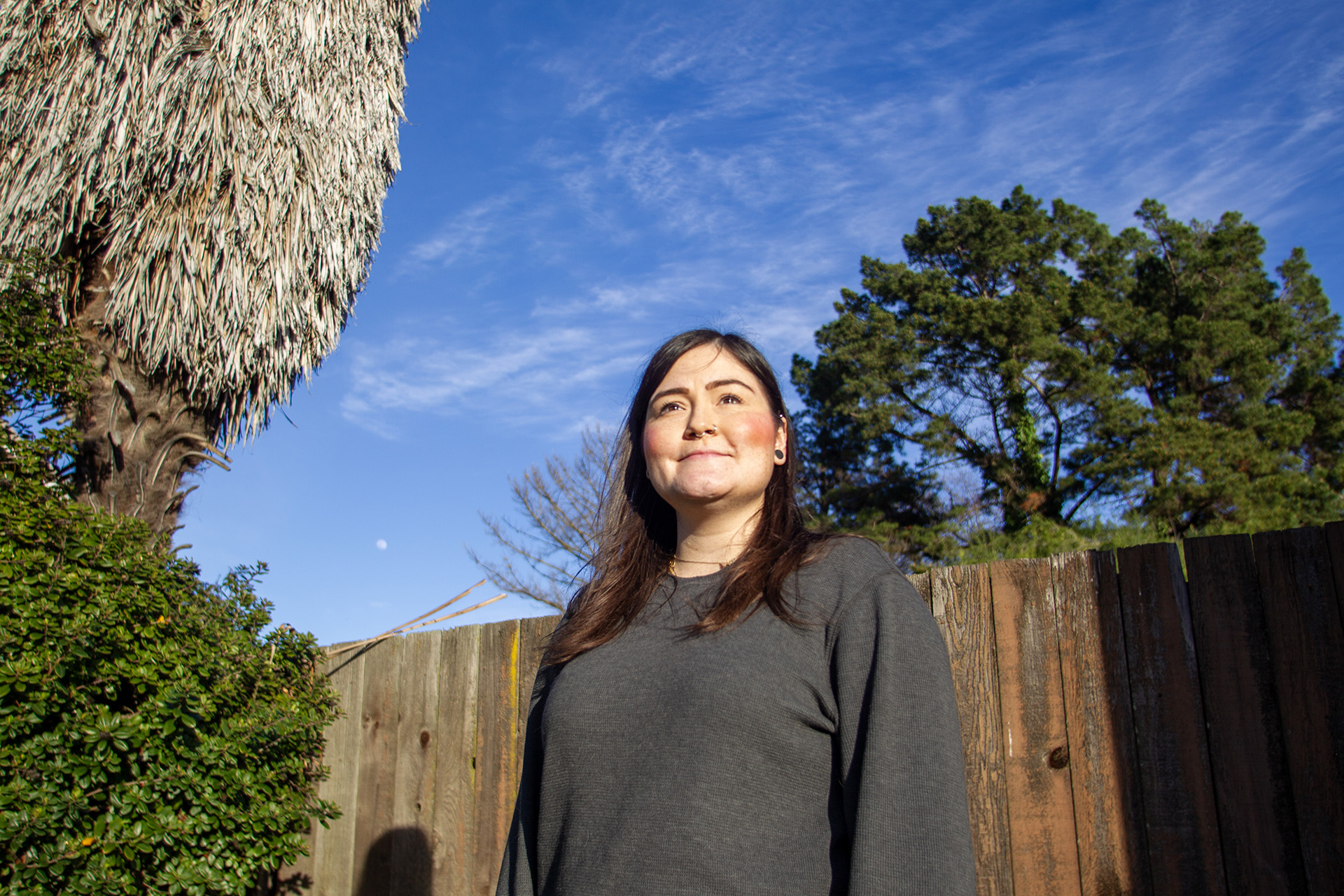Michael Keast, 46, thought he was too young for colorectal cancer.
So when his FIT kit from Kaiser Permanente came in the mail last November, he put it on a shelf for a few months. But when he got a reminder, he mailed it back with a stool sample to screen for indicators of colorectal cancer. In return, he got an email saying blood was detected in the sample. He needed a colonoscopy.
From there, things moved quickly for Keast, a 12-year Kaiser Permanente member and a caretaker at a property in West Marin.
The colonoscopy performed by Jeffrey Fox, MD, at the Petaluma Medical Offices identified a 2-inch cancerous tumor. Within days Keast went in for a CT scan that came back negative for the spread of the cancer to other organs.
Several weeks later, Michael Parnes, MD, removed about 8 inches of Keast’s colon during surgery at the Kaiser Permanente San Rafael Medical Center. Further testing revealed cancerous cells in 1 of 31 lymph nodes and some of the smallest blood vessels. Diagnosed with stage 3 colon cancer, Keast would be undergoing 6 months of chemotherapy. But his cancer was caught and is being treated.
“You don’t want to assume cancer is only for people in their 50s and 60s,” Keast said. “It happens quite regularly with people in our 40s. If it is caught early, your chances of surviving are much greater.”
Lowered screening age
Michael Keast is just one of a number of Kaiser Permanente members who are benefiting from the organization’s decision to follow the U.S. Preventive Services Task Force 2021 recommendation to lower the screening age of average-risk adults from 50 to 45.
Annually, members through age 75 are sent fecal immunochemical test kits in the mail, with colonoscopies scheduled every 10 years.
“We are seeing a growing number of people under 50 with colorectal cancer, although the number is still low compared to those over 50,” said Dr. Fox, chief of Gastroenterology at the Kaiser Permanente San Rafael Medical Center and chair of Gastroenterology for Kaiser Permanente Northern California’s medical group. “But it’s not a trivial number when saving a life or identifying a cancer in its early stage.”
The reason for the increase is not well understood, Dr. Fox added. But there are “culprits and suspects” he names, including alcohol consumption, smoking, and an American diet heavy in processed foods and red meat and low in fruits and vegetables. Additionally, rising rates of obesity and the level of physical activity may be contributors.
“If it were just 2 years ago, Michael wouldn’t have had a FIT test,” Dr. Fox added. “Most likely his cancer would not have revealed itself and would have spread. But with the new screening guidelines, we were able to catch it and he has a much better prognosis.”
Kicking the habit
Keast noticed his stool was somewhat discolored. But blood wasn’t apparent and so he was not alarmed. Dr. Fox said this is exactly why the FIT kit is so important. “The reason that we do screening on people without symptoms is most people don’t have them.”
After Keast’s diagnosis, he said the first 2 nights were rough. “You think about everything you have done in your life and ask if it was enough. For me the answer was yes. I have traveled, met a lot of people, and had a load of experiences. I consider myself lucky.”
The one thing he did re-evaluate, though, was his smoking: After years of encouragement from his primary care physician Amy Liu, MD, Keast used nicotine patches to quit before he began the start of the chemotherapy infusions that take place every 2 weeks for 3 hours, followed by at-home drugs fed into a port in his upper chest and self-administered shots.
In just 15 years, Kaiser Permanente has reduced colorectal cancer rates by 28% and decreased cancer mortality by 52%, which Dr. Fox attributes largely to the FIT kit that first detected Michael Keast’s cancer.
“This little square that you get sent in the mail can lead to your life getting saved,” Dr. Fox said. “That’s the amazing thing. How did that happen? It happened because we have a consistent, relentless process. And it works.”
Learn more about Kaiser Permanente colorectal cancer screening, including symptoms requiring one to reach out to a general practitioner.





This Post Has 0 Comments